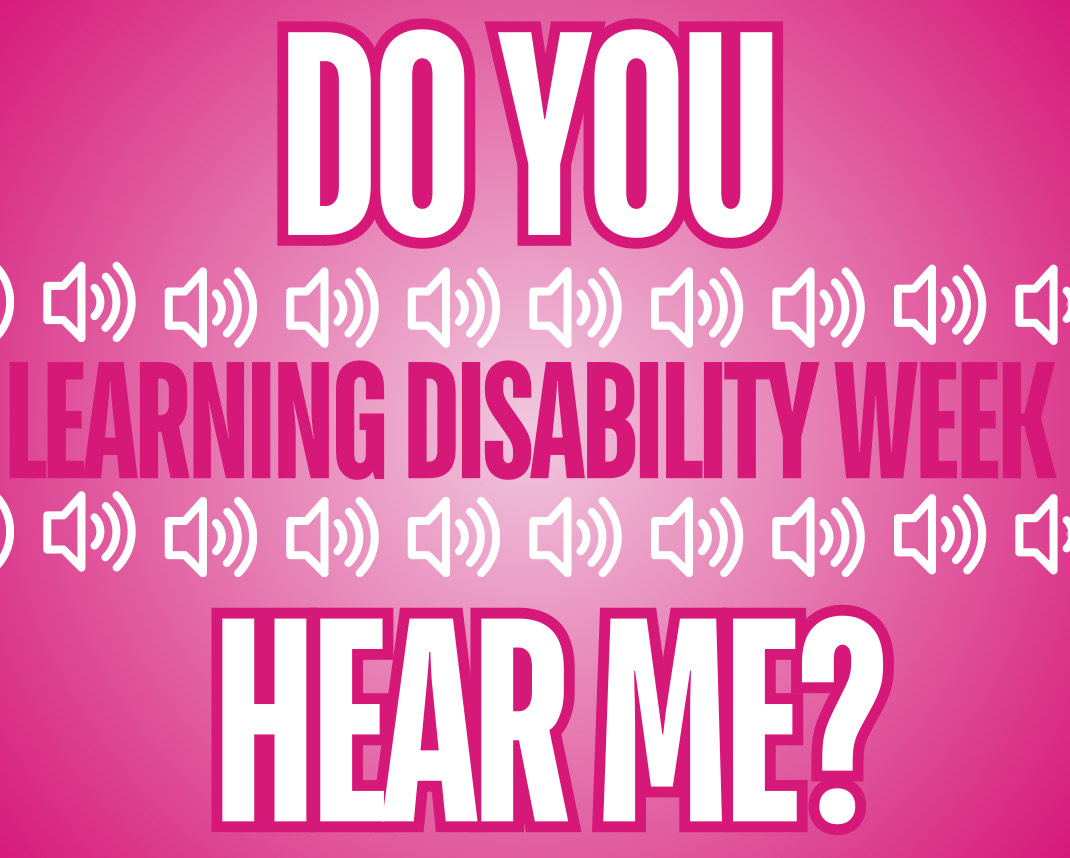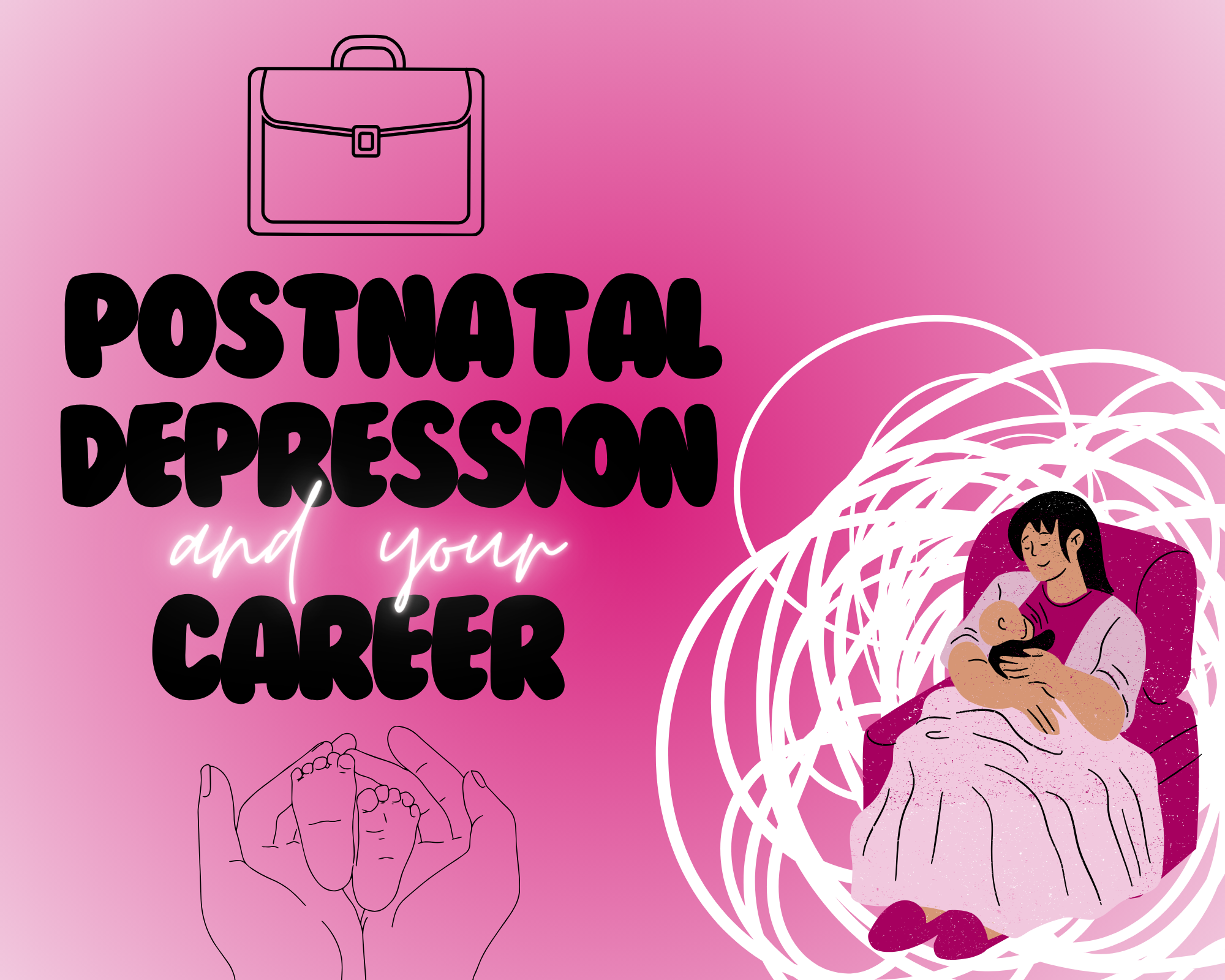Asking someone to explain mansplaining is a loaded question. If you want an official definition, it’s described as ‘the explanation of something by a man, typically to a woman, in a manner regarded as condescending or patronising’ – emphasis on the patronising. It’s annoying, to put it simply. Then, you do decide to call someone out on it, you find yourself getting mansplained about mansplaining.
Imagine, as a woman, you work hard, put effort in, maybe even secure your dream job. Then along comes an entitled man, or anyone for that matter, that thinks they know more about the job – that you’re employed to do – than you do.
Samantha King, 35, is a former miner turned travel blogger. In a stereotypically male-dominated industry, she came across her fair share of mansplaining.
“I used to work in mining while in Australia, I used to drive the big 150 tonne mining trucks. A girlfriend of mine worked in the mines and helped me get in. It’s really good money and honestly I couldn’t pass up the chance to drive a life size Tonka truck. I worked there for 5-6 months and had a blast.
“During my training I had men trying to explain how if I turn the wheel left, I’ll go left and if I turn it right, it will go right.
“We had to use locks to isolate the trucks when we parked up and had to leave them unattended. I had a man try to explain how a padlock worked… as in this is where the key goes and when you clamp it together, it’s locked.
“Also plenty of little things like explaining how to do something, I do it, they tell me I did it wrong and to move over so they can do it – and then they did it exactly the same way.
“It was just very condescending, talking to me like I had half a brain cell. Emotionally and mentally, I was frustrated, angry and annoyed. Being just as capable as anyone else and being spoken to like an idiot was frustrating.
“You have to have fairly thick skin to work in mining so I’d just blow it off, but inside I was fuming.”
Image: Samantha the travel blogger
Samantha was qualified and knowledgeable whilst working in the mines. Yet, she was still subjected to being second-guessed and patronised by the men around her – her colleagues, no less.
So how do we deal with it? (Even though we shouldn’t have to…)
When being faced with a situation like this one, a lot of people would be tempted to get angry, lash out – and rightly so. Someone is talking down to you, undermining your hard work and professional prowess and all you really want to do is smack them around the head with something heavy.
Karen Perkins, 64, a business, career, and life coach, suggested dealing with it in a different way.
“Observe, see what it’s like and what they’re saying and then go away and think about how you might deal with it next time and what you want to do, then you can manage yourself. You could take them to one side and say, please don’t do that to me again. It depends how you feel about it. If you can just rise above it.
“Also, try and build some allies at work, people who you trust, and get a strategy to deal with it so you don’t set yourself up to fail from the start.
“Build your allies and trying to get some colleagues, male or female, or whatever their pronouns are, to support you because anyone can be a victim of mansplaining or personsplaining, because, I mean, everyone does it. It’s not just men.
“It’s very sad, but years ago, people used to have proper racism and sexism equalities awareness training in the workplace, so people would discuss these sorts of things and they’d have policies where you could go to HR and report things. It doesn’t seem to be as common now, they might have the policies, but they’re not as in your face so it’s easy to sort of swerve them if somebody wants to behave like that.
“And then the other thing, which is very boring at the moment, but it seems to be lacking, is give your staff proper management, training, and development. It seems to be really missing and lots of people suffer from it because the managers don’t know how to step in and sort it out and help.”
Reluctancy to report incidents at work also extends well beyond mansplaining. An example of this would be that in a 2017 article by BBC, they stated that 63% of women and 79% of men who had been harassed at work didn’t report it.
Even though mansplaining and harassment at work are not always of the same severity – the message is the same: not reporting work place incidents means that it’s more difficult to stamp it out altogether.
As for additional reaction techniques, Karen also discussed the importance of facial expressions when it came to being faced with mansplaining, she said: “There was this woman that wrote a good book about the ‘resting bitch face’. Now, that is a terrible thing to say. However, it was all about carrying your face and your personage, so it’s really good to work out how your face is going to look when you detect or you’re submitted to mansplaining or personsplaining, so that you don’t roll your eyes or giggle or do something which undermines yourself further.
“Because you can get ripped into even more, they’ll just say you’re uppity or something so you’ve got to sort of be strategic in what you do.”
Holding back your visible distaste might seem really hard to do in the moment, especially when you’re so shocked by someone’s absolute audacity. By physically reacting, you are therefore giving the person that offended you the power of knowing that they’ve managed to get under your skin. Like Karen said – you need to be strategic.
Therefore, the main power that women can wield against mansplaining is accountability. When they hit you with a statement that’s particularly condescending, make them realise that what they’re saying is uncalled for – and, honestly, downright rude.
By putting mansplaining into perspective for the mansplainers you may actually end up enlightening them. It may turn out that the perpetrator doesn’t actually realise what they’re doing.
However, Karen, said: “Once they learn that they’re doing something that’s not right, then it’s their fault if they keep doing it. If somebody is doing it regularly, then it could be harassment.”
When it comes down to it, mansplaining can be considered to be a form of sexism. Even though we’ve grown as a society and somewhat adapted from the misogynistic vibes of the 1900s, sexism in the workplace is still a very prevalent issue.
Including both men and women, during an investigation conducted by Ciphr in 2021, more than 1 in 20 UK adults said they’ve experienced discrimination at work based on their gender. Therefore, in order to crack down on mansplaining, we also need to crack down on sexism.
Adela Mei, 51, a life and business coach, discussed how to prevent sexism in a professional setting.
Image: Adela Mei
“Although companies may have clear policies to guide behaviour in the workplace, this may not be effective without making sure that non-bias behaviour is embedded into the company culture.
“They can carry out regular training to raise awareness of how unconscious bias can affect behaviour in the workplace, and also to promote respectful behaviour between all employees, both management and staff.
“Companies can encourage open communication, and make sure that there are avenues for employees to voice concerns and provide feedback on workplace culture.
“Discussing the topic at team meetings allows everyone to understand what bias communication actually looks like, without laying any blame on an individual’s behaviour.”
Despite what’s being discussed in this article – don’t sit there and think you, or women in general, should be accustomed to coming across this kind of behaviour whilst at work. Remember that this isn’t, and definitely shouldn’t be, the norm.
Adela shared her personal experience about potential gender divide and the kind of environment that she’s currently working in.
“Having experienced working in a male-dominated corporate environment, where often I was the only woman, I would say that the divide is closing and people in general learn to be more inclusive and better communicators.
“In my current industry of coaching, there is no obvious divide, so I would say this varies across different industries.”
Even though what we’ve discussed about mansplaining potentially sounds like one big rant about the audacity and nerve of men – that’s not the point. You very well might have to deal with audacious men but the point is that you shouldn’t have to roll over and deal with it.
Like what Karen and Adela said, it’s all about communicating the problem – the problem, in this case, being mansplaining.
So if you find yourself unfortunate enough to be mansplained – talk about that sh*t.




